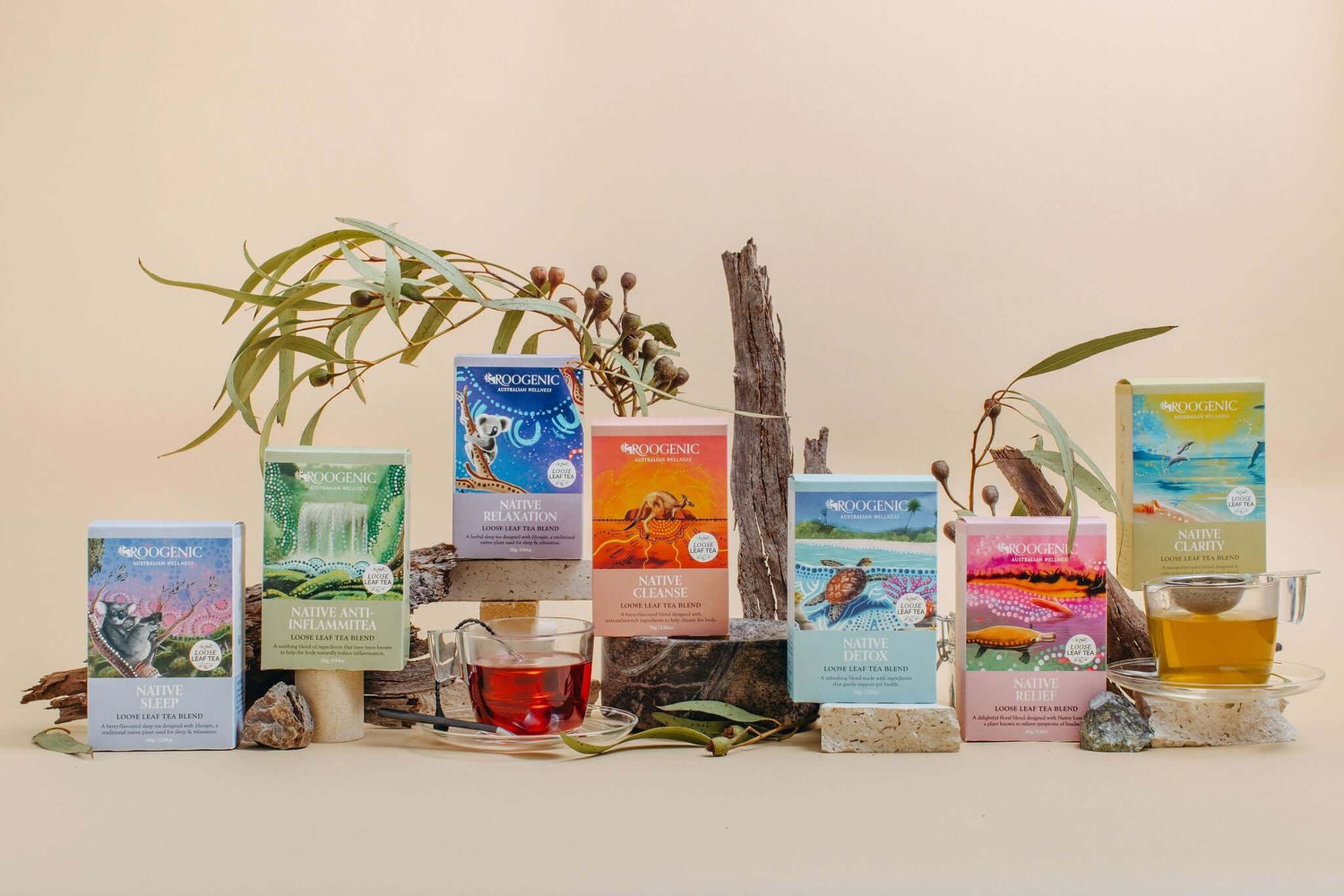-
Omega 3 foods: Found in foods like fatty fish (salmon, mackerel), flaxseeds, and walnuts, omega 3 rich foods help reduce inflammation naturally by inhibiting the production of inflammatory molecules called eicosanoids and cytokines. Omega-3s, particularly EPA and DHA, modulate the immune response and promote the production of anti-inflammatory compounds, helping to reduce chronic inflammation, which is linked to various health conditions like heart disease, arthritis, and autoimmune disorders.
-
Turmeric: Turmeric contains a compound called curcumin, which has powerful anti-inflammatory properties. Curcumin works by inhibiting inflammatory pathways, particularly by blocking molecules like NF-kB, which regulate inflammation at the cellular level. It also reduces the production of pro-inflammatory cytokines and enzymes. This makes turmeric effective in reducing chronic inflammation, which is associated with conditions like arthritis, heart disease, and other inflammatory disorders.
-
Meditation: The practice of meditation can help reduce inflammation naturally by lowering stress levels, which are closely linked to inflammation. Regular meditation practices, such as mindfulness, activate the parasympathetic nervous system and reduce the production of stress hormones like cortisol. These hormonal changes can lead to a decrease in the body's inflammatory response. Meditation has also been shown to reduce pro-inflammatory cytokines, improving overall immune function and reducing chronic inflammation associated with conditions like heart disease, arthritis, and autoimmune disorders.
-
Feed your good gut bacteria: Feeding your gut good bacteria, often through probiotics or fiber-rich foods, can help reduce inflammation naturally by promoting a healthy balance of gut microbiota. Beneficial bacteria support the production of short-chain fatty acids (SCFAs), such as butyrate, which have anti-inflammatory effects on the gut lining and immune system. A balanced gut microbiome reduces the growth of harmful bacteria that can trigger inflammation. By improving gut health, good bacteria help regulate immune responses and decrease chronic inflammation, which is linked to conditions like irritable bowel syndrome (IBS), obesity, and autoimmune diseases.
- Ginger: This plant can help reduce inflammation naturally due to its bioactive compounds, particularly gingerol, which has strong anti-inflammatory properties. Gingerol works by inhibiting pro-inflammatory molecules like cytokines and enzymes such as COX-2, which are involved in the inflammatory response. By blocking these pathways, ginger helps to lower inflammation in the body. This makes it beneficial for managing inflammatory conditions like arthritis, muscle pain, and even metabolic diseases such as diabetes.
Recognising these lesser-known symptoms of inflammation empowers you to seek timely medical evaluation and intervention. Alongside conventional treatments, incorporating natural remedies into your wellness routine can complement your efforts to combat inflammation and promote overall health.
One such natural remedy is Roogenic's inflammation range, which harnesses the power of Australian native plants known for their anti-inflammatory properties. Ingredients like Native Lemongrass, Lemon Myrtle, and Native River Mint have been traditionally used by Indigenous Australians for their medicinal benefits, including reducing inflammation and supporting digestive health.




